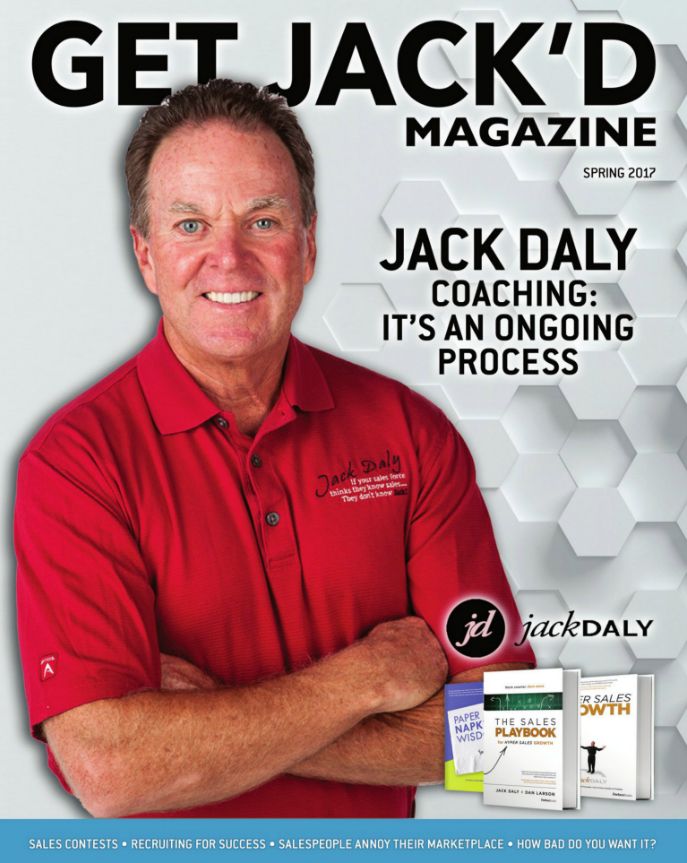Leadership Tips & Lessons
I tell my audiences every day that the key to success is taking action. Take a minute to look over this weeks featured articles and videos that highlight the different ways you might take action and have it positively benefit your bottom line.
7 Leadership Lessons From John Wooden’s Final Title
by Ilan Mochari
Forty years ago, in the last season of his legendary career, John Wooden coached UCLA to its tenth men’s basketball championship (also the tenth of Wooden’s tenure). Here are seven team-building tips from that historic season.
When it comes to college basketball coaches, John Wooden’s legacy rises high above anyone else’s.
His UCLA teams won 10 titles in a 12-year span (beginning in 1964, depicted above). Four of these championship teams posted undefeated seasons (1964, 1967, 1972, and 1973). Wooden’s epic 12-year run also included a span of seven straight titles (1967-73).
This year’s NCAA Men’s Division I Basketball Tournament marks the 40th anniversary of Wooden’s final season, during which his UCLA squad won yet another title (with a 92-85 victory over Kentucky). Here are seven leadership and team-building lessons from that final season. My source is Seth Davis’s superb biography, Wooden: A Coach’s Life.
- Never stop teaching, but keep it brief.
Prior to the season, Wooden granted permission to two psychology professors, Roland Tharp and Ronald Gallimore, to observe his afternoon practices. All told, they observed 30 hours of practices and coded 2,326 discrete acts of teaching. Here’s Tharp’s summary:His teaching utterances or comments were short, punctuated, and numerous. There were no lectures, no extended harangues. Although frequent and often in rapid-fire order, his utterances were so distinct we could code each one as a separate event. He rarely spoke longer than 20 seconds….The major findings of our coding scheme can be summarized as follows: 75 percent of all utterances carried information, much of which was repetitive. Minimal use of praises and reproofs.In his book, Davis points out that Wooden gradually honed his communicative efficiency over a long career. His methods in practice were “the result of a lifetime of small, almost unnoticeable advancements.”
- No matter how successful you become, you’ll deal with critics and loudmouths
Shortly after winning the 1975 title, Wooden stood outside the team’s locker room and spoke to reporters. A UCLA alum came up to him and said: “Congratulations, Coach. You let us down last year, but this made up for it.”
Read More
The Ironman’s Guide to Starting & Growing Your Own Business
by Rick Spence
Chances are, Jack Daly is older than you (he’s 66), is in better shape, and lives in a warmer climate (he moved to Southern California 20 years ago). He has probably built more successful businesses than you (he’s created and sold six). He probably plays more golf than you, runs more marathons (71, including last month’s Ice Marathon in Antarctica), and has clearer goals than you (his 2015 objective: making a difference, by being physically fit, productive and balanced with fun).
He’s probably more determined than you are. He’s always dreamed of participating in the world championship Ironman Triathlon in Kona, Hawaii: a gruelling test of swimming, cycling and running. Eight years ago, he decided to go for it. The first thing he did was learn to swim. He hired a personal swimming coach, because that’s what it takes to succeed, he says. “I have five coaches in my personal life, three business coaches, and six Ironman coaches. Model the masters.”
The entrepreneur turned self-employed speaker and sales trainer doesn’t say these things to brag. Jack Daly wants to excel at everything. And if you buy into that philosophy, he contends you’ll win as an entrepreneur. Because building a business, says Daly, is all about clarity, focus, systems and processes. Get the basics right, and the competition will only ever see your back.
Read More
7 Daily Promises That Create Sales Success
by Geoffrey James
Success in sales, life, and business depends upon your ability to cultivate and grow these seven key emotions.
If you have the world’s best sales process, technology, worksheets, playbooks, sales scripts, and marketing collateral, you will still fail if you don’t have the emotional strength it takes to sell.
A while back, I had a conversation with Jeff Keller, author of the bestseller Attitude Is Everything. He described the seven emotions that top salespeople must cultivate, which I’ve presented here as a set of daily promises:
- I will be patient.
Customers make decisions at their own speed. Pushing customers to buy is like pulling on seedlings to make them grow. While I am always ready to help a customer, I refuse to become frustrated when they don’t buy as quickly as I’d like.
- I will be committed.
Customers respect that I’m willing to do whatever it takes (legally and ethically) to make both my customers and myself successful. I will follow through on every commitment I make, large or small. I will not give up until it’s clear that I cannot help my customer.
- I will be enthusiastic.
Because enthusiasm is contagious, I will be enthusiastic about myself, my firm, my product, and my customers. To remain enthusiastic I will draw on my desire to help people improve their lives and thereby create greater wealth and success for everyone.
- I will be curious.
Selling means being alive to the mysteries and puzzles of life. Every customer and every situation is different and has something important to teach me. I will keep my ears and eyes open to any knowledge that can help me better serve my customers.
Read More
No Expenses in Business




